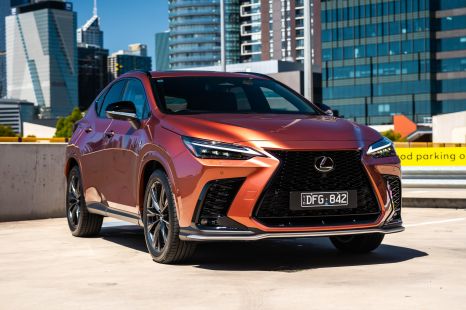

Max Davies
2025 Lexus NX450h+ F Sport review
5 Days Ago
Despite industry pressure, Europe looks set to ban the sale of new petrol and diesel cars from 2035.

Journalist
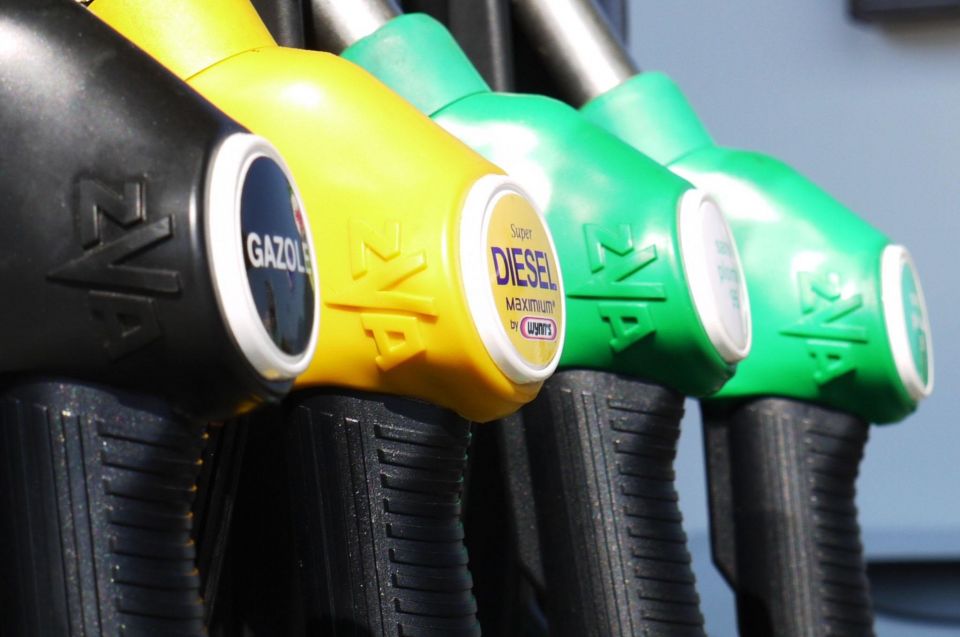

Journalist
The European Union is one step closer to prohibiting the sale of new cars with internal combustion engines (ICE) from 2035.
Overnight the European Parliament — which consists of elected members from all EU nations — approved the proposed ban by 339 votes in favour to 249 against with 24 abstentions.
Now the proposal has been approved by parliament, the EU will begin negotiations with member states on the exact text of the law.
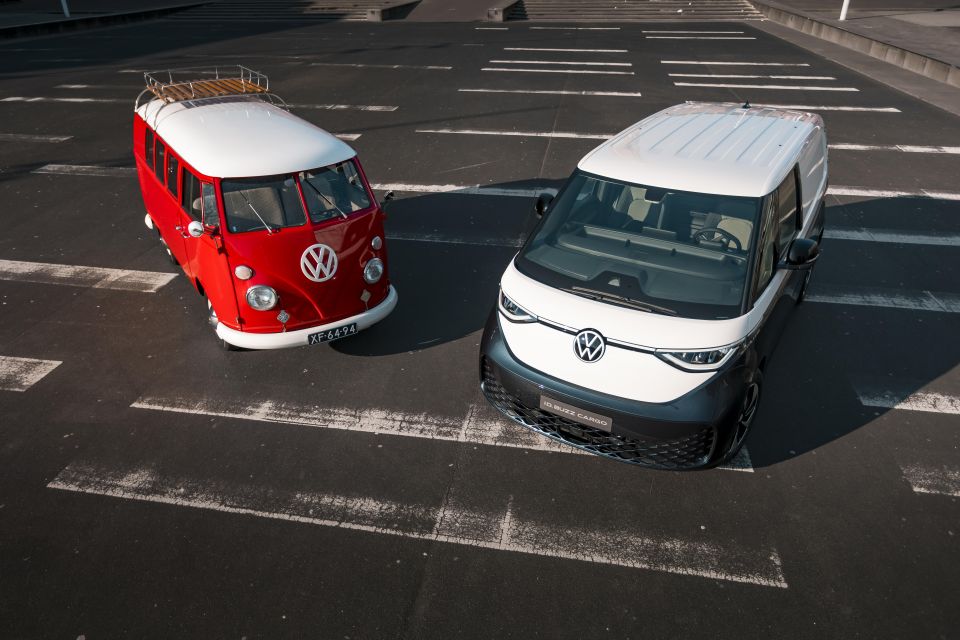
The European Commission, the EU’s executive branch, first proposed the ban in July 2021 as part of a set of environmental measures to battle global warming and climate change.
Dubbed “Fit for 55”, this package aims to reduce the union’s carbon emissions by 55 per cent from 1990 levels by 2030, and hit carbon neutrality by 2050.
Under the Commission’s plan, average new car CO2 emissions will be reduced from 95g/km today to 0g/km by 2035, effectively banning the sale of new petrol, diesel, hybrid and plug-in hybrid vehicles.
According to Reuters the proposed law withstood a late push by some conservative MEPs (members of the European Parliament) to water down the CO2 reduction target from 100 per cent to just 90 per cent.
This unsuccessful move was backed by the German Automobile Industry Association (VDA), which argued low carbon fuels should be given a chance, and said the timeframe was too sudden given uncertainties about the roll out of car charging infrastructure.
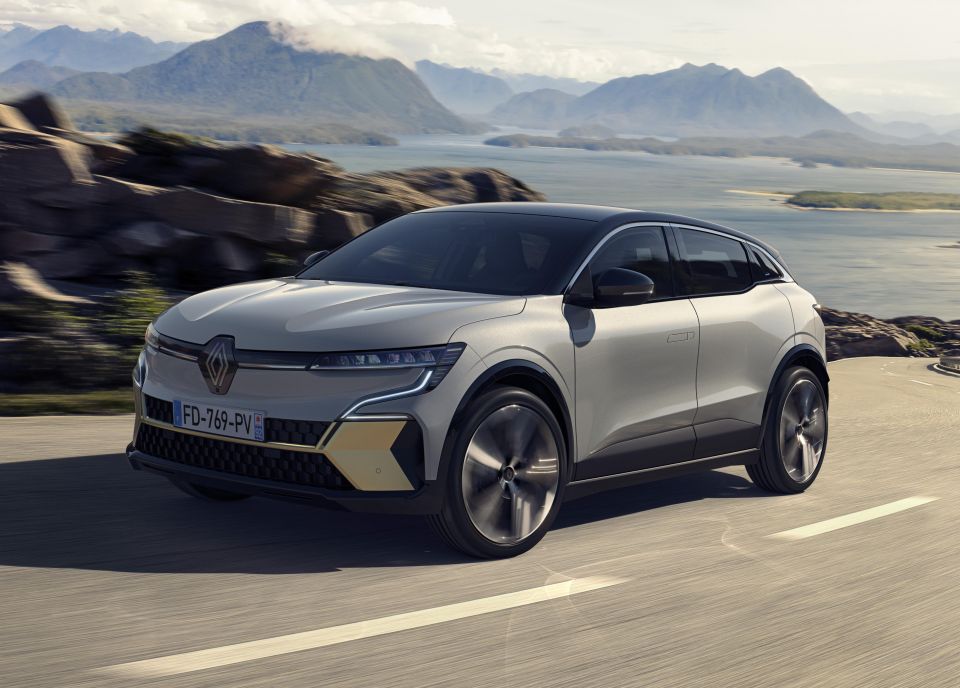
Even though the ICE car ban has yet to become law, most European automakers have rewritten their development plans to largely focus on EVs.
Many have stated they intend to stop selling ICE cars in Europe before 2035, while some have gone further. For example, Ford’s European passenger car range with EV-only by 2030, and Opel/Vauxhall will do so by 2028.
Some luxury marques, such as Jaguar (2025), Alfa Romeo (2027), Bentley (2030), and Volvo (2030), intend to be electric-only across the globe well before the EU’s deadline.
Derek Fung would love to tell you about his multiple degrees, but he's too busy writing up some news right now. In his spare time Derek loves chasing automotive rabbits down the hole. Based in New York, New York, Derek loves to travel and is very much a window not an aisle person.


Max Davies
5 Days Ago
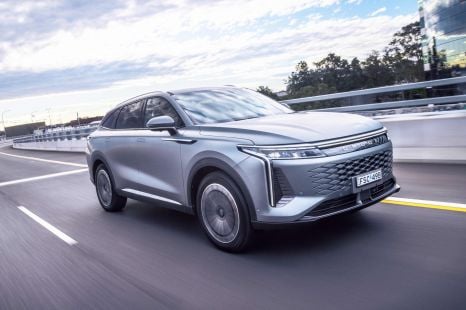

Damion Smy
4 Days Ago
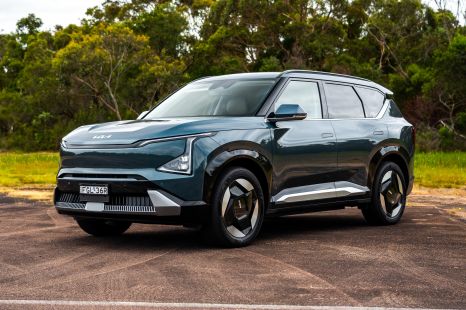

James Wong
3 Days Ago
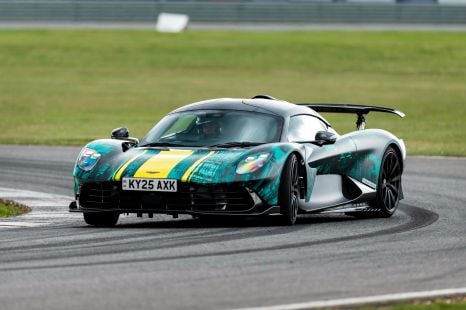

Angus MacKenzie
2 Days Ago


Paul Maric
20 Hours Ago
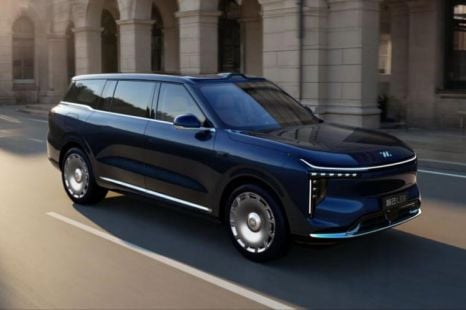

Damion Smy
19 Hours Ago